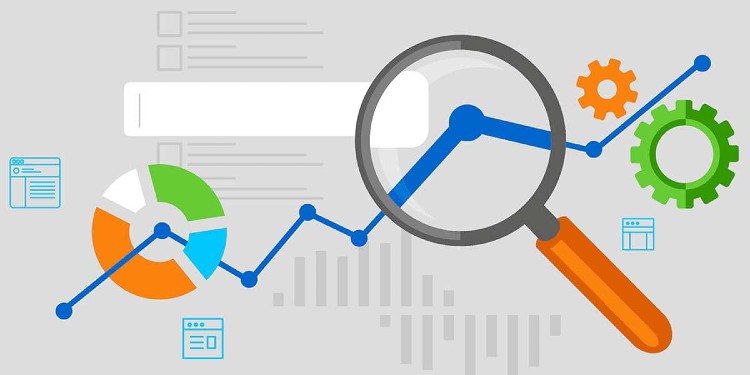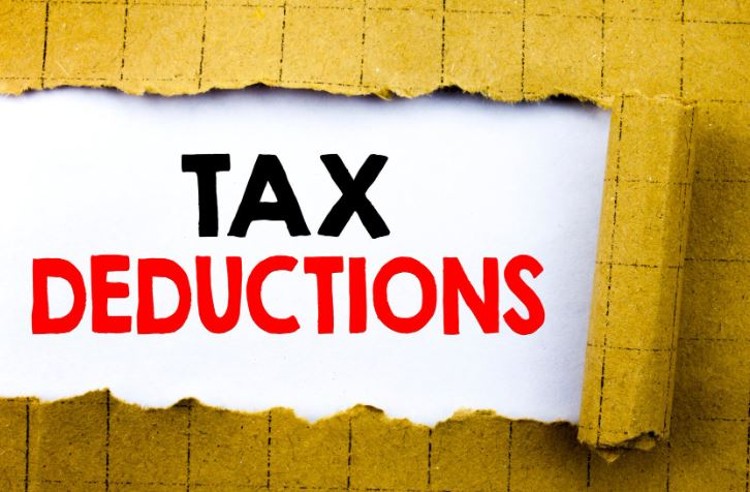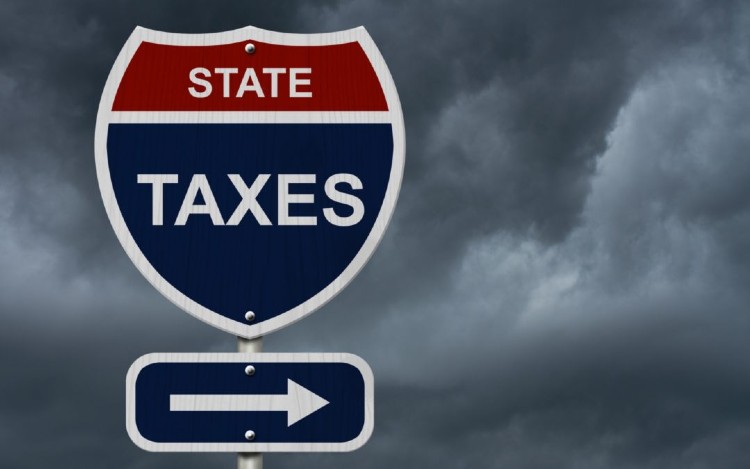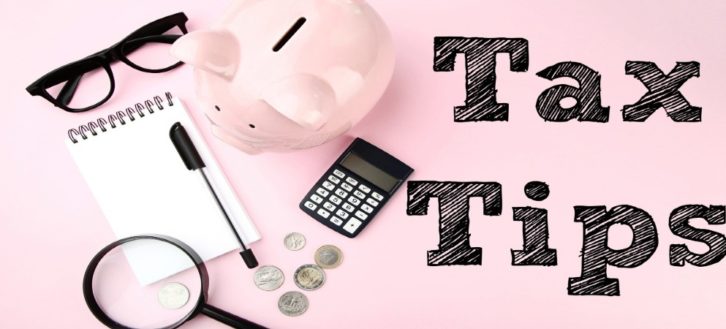With the Great Resignation underway, more people are quitting their jobs to become freelancers than ever. In 2020, 59 million Americans were doing freelance work, and that number is growing sharply.
It’s no secret that freelance taxes are different from employee taxes, but it still causes a lot of confusion for new freelancers. Hopefully, we can clear that up! Let’s talk about some important freelancer tax tips to help you save on your next tax bill!

1. Develop a Tracking Method
Tracking revenue and expenses is a challenge for new freelancers, so it’s important to develop a system that works and to stick with it. Some people like to save receipts, take pictures and save them in a folder, or use an app.
Whatever your system is, keep diligent track of all invoices and receipts so you don’t accidentally overpay. If you’re not currently using invoices, then try a free business invoice template so you can keep records more easily throughout the year.
This way, you won’t have to go through your bank and credit card statements to determine which transactions were business and which were personal. If you’re forced to do this one year, you’ll learn your lesson!

2. Learn the Deductions
Always look for deductions that can save you money at tax time. There are thousands of potential deductions in the tax code, and some are bound to apply to you or your industry.
These deductions could be based on employment, your children, clean energy, home office use, and so much more. Always look for industry-specific deductions and use all that apply. Some of the most common include:
- Business mileage
- Child tax credit
- Student loan interest
- Insurance
- Legal fees
- Website expenses
- Marketing costs
The list goes on. If you’re keeping track of all business expenses, then this shouldn’t be a problem!
3. Pay More Often
If you’ve ever been hit with a larger tax bill than you were expecting, try alleviating these throughout the year. The most obvious solution is to pay quarterly, as this will allow you to pay smaller bills every three months instead of one lump sum every year.
Otherwise, consider paying yourself a salary. If you’re on the payroll, then you’ll have taxes taken out with each check and possibly earn a refund at the end of the year. You’ll still owe self-employment taxes, but only on any additional profits that weren’t put back into the business.

4. Remember State Taxes
When calculating your estimated tax bill for preparation, don’t forget state taxes. Every state has different income, property, and capital gains taxes, all of which may apply to your business. Remember to factor these in when planning ahead!
Use These Freelancer Tax Tips This Year
Now that you know some helpful freelancer tax tips for online businesses, start putting these tips to use right away. Start thinking of taxes as a year-round concern and you won’t have any issues when the bill comes.
Get started today and stay up to date with our latest financial tips for more information!


